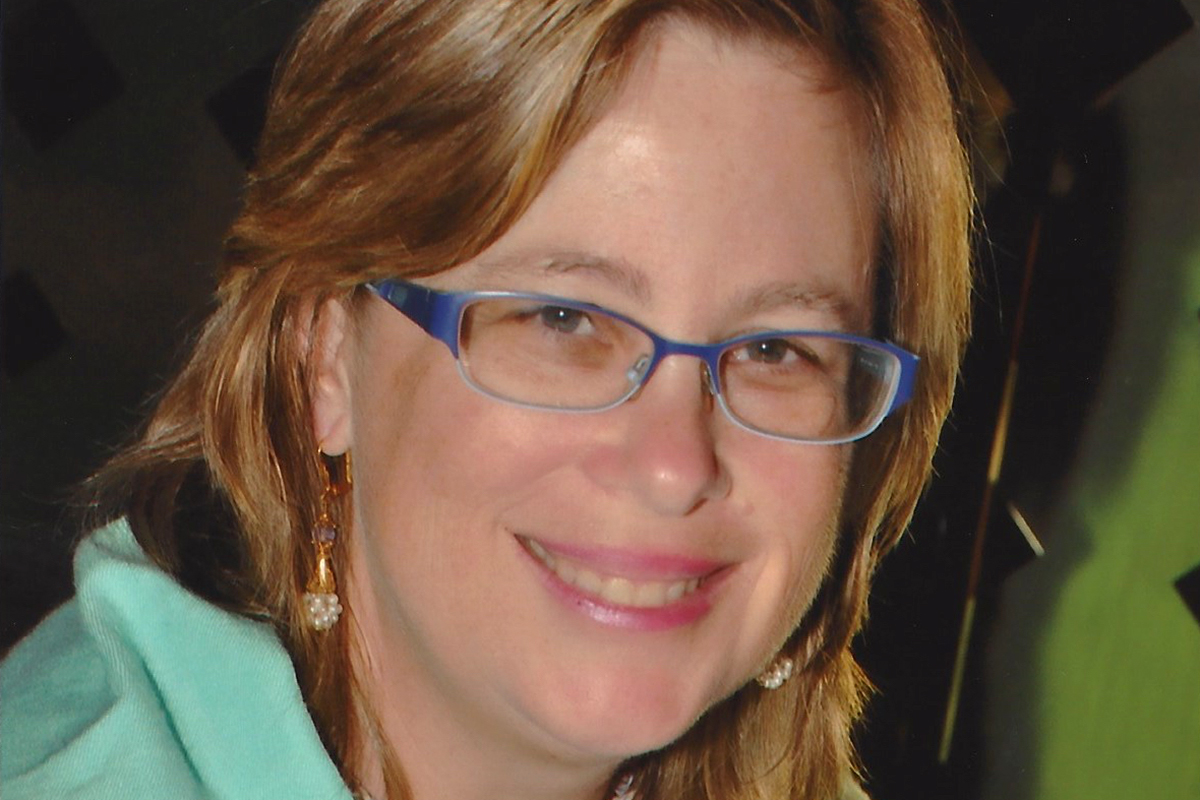Elise Packard

Elise Packard’s younger self, the shy girl who entered Exeter as a lower and initially preferred to listen rather than talk around the Harkness table, might be surprised to meet the adult Elise. That Elise is associate general counsel at the federal Environmental Protection Agency and is quite used to managing high-power clients and facing off with lawyers about appropriations law and other matters.
“Exeter was a formative experience in terms of how I think and developing my self-confidence and the ability to talk,” she says. She launches into a story about introducing a speaker. The teacher working with her took her to the auditorium to practice. “He made me do Tarzan yells from the stage to make me comfortable with speaking out,” says Packard, who began working with the Academy’s advancement team as a student and has served as class agent since graduation.
Packard says she still feels Exeter’s influence daily. “The concept of collegial ability to have a discussion and get to some kind of consensus about whatever the issue is, that came out of the Harkness table,” she says. “The idea of batting ideas around and, as a group, getting to a place you wouldn’t have gotten to on your own.”
Packard graduated Georgetown Law expecting to focus on trust and estate work. She clerked for Judge Judith Rogers, who at the time was on the District of Columbia Court of Appeals, the highest court in D.C. “I learned so much from her — how to look at a case, how to analyze things,” Packard says.
“It gave me a standard for writing and for legal analysis that I’ve carried through,” she adds. “It gave me a nice appreciation for the breadth of what comes before a court, because I got to see all kinds of law.”
Packard spent 20 years at the federal Department of Commerce before beginning her current position at the EPA. Her specialty is appropriations law, which basically focuses on how the executive branch can spend its money. While at the Department of Commerce, she managed more than 30 legal areas, involving everything from international trade issues to the census. “The clients were varied and the questions [quite] varied, so it was unendingly interesting,” she says.
While not unhappy with that job — Packard had risen in the ranks to manage her department — she applied to the EPA because the job there as associate general counsel for civil rights and finance would include civil rights, contracts and grants, as well as appropriations. “That’s a nice segue to try something new,” she says.
Her theory about the variety has proved right in her four years at the agency so far. “I work with all the offices in the EPA,” she says. “You can interact with all kinds of policy experts and scientists. What I have loved about this law is it is constantly new and you can be on the cutting edge of what is going on.
“I really like managing people,” she adds. “I enjoy the challenges of seeing the issues of people working for me and having them work through that.”
Those management skills can be traced to her Exeter days, as well. After initially being “miserably homesick,” Packard says she found her niche in the theater, working behind the scenes, first on costumes and property before becoming stage manager for various productions. “That’s where I started finding my footing,” she says.
By her senior year, she had moved onto the stage and was performing a one-woman show. The shy Elise was gone for good.
— Janet Reynolds
Editor’s note: This article first appeared in the spring 2018 issue of The Exeter Bulletin.


